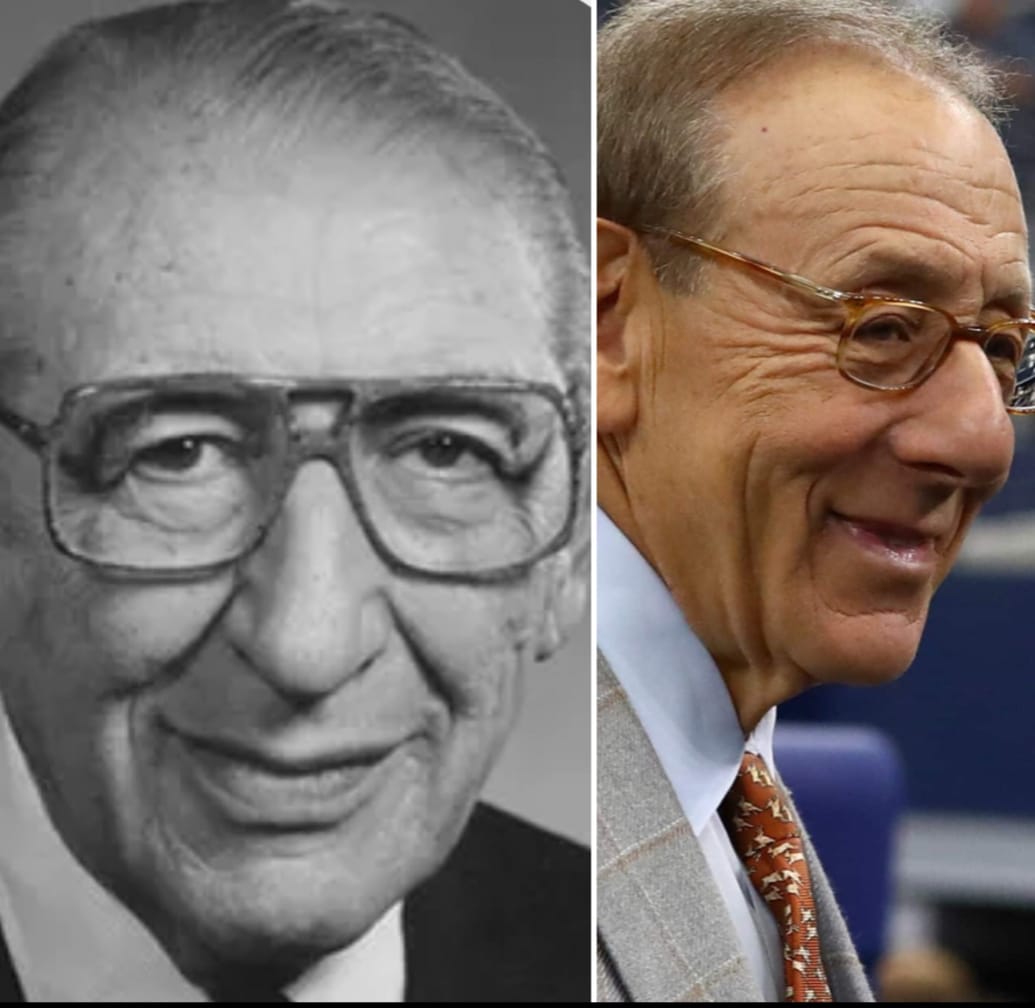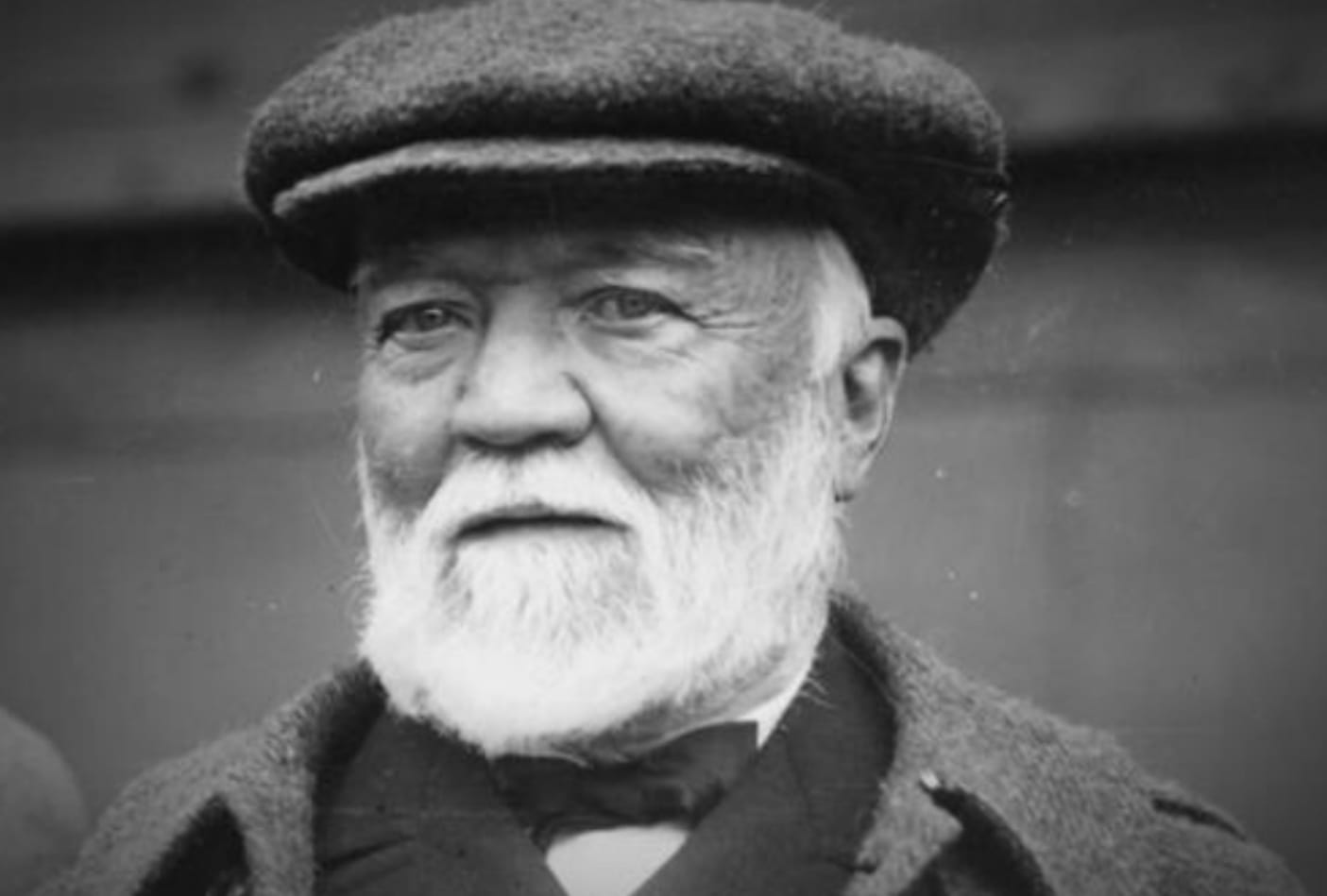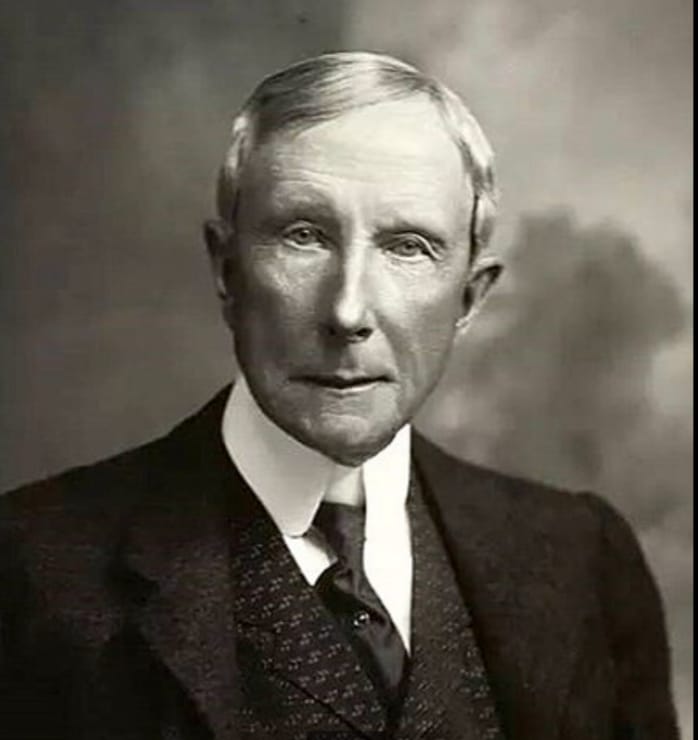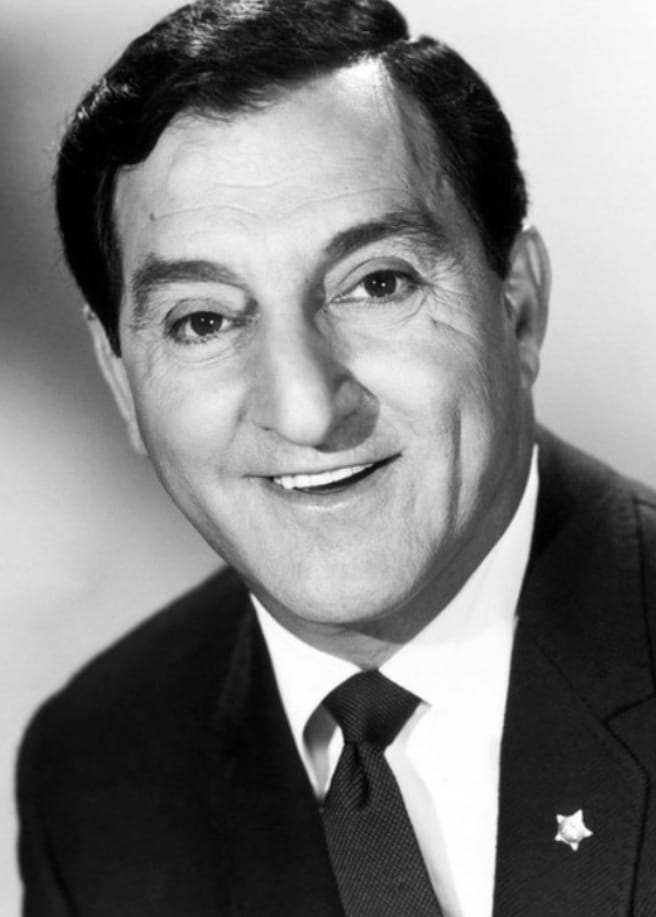In February of 1985 one of my college friends from the Martha Cook Building at the University of Michigan and I took a cruise for our first working spring break as U of M Alumni. The Flint Community Schools had an unusual, one week break, so we and decided to treat ourselves to a Royal Caribbean Cruise and a welcomed break from my job as a seventh grade math and social studies teacher and my friend worked for a pharmaceuticals company that manufactured skincare products. Neither one of us had been on a cruise and it certainly did not disappoint. Upon disembarkation from the Royal Caribbean, Song of America in Miami on that Sunday morning, my friend decided to stay in Florida to meet up with her family and I went with the original flight plan back to Detroit. I found that my flight had been cancelled so I waited on standby most of the day, to eventually get a flight, last minute at another terminal, having to run to the gate. The flight attendant must have told the passengers why they were waiting a few minutes and as I got on the plane out of breath from running, I was greeted with applause. Embarrassed I said, “I am so sorry!” And took my seat next to an older man who looked to me like he was in his late seventies or early eighties.

“How about some water?” he said to me and he waved the attendant to get me some water. I apologized again and he said, “You’re fine. Who’s in a hurry to leave Florida for Michigan in February, right?” We started talking actually mostly about me. He asked me questions like what I was doing in Florida. I told him that I just had to be back to work tomorrow to my students. We talked about education, mostly me answering his questions. He told me that he had gone to Ohio State University and we talked about the University of Michigan rivalry. When we landed at Detroit Metro, he introduced himself as Max and he said that he enjoyed our conversation and shook my hand. I lost track of Max as I walked to baggage claim to collect my bag. A man came up to me and said,
“Do you know who you were sitting next to?”
“No,” I replied.
“Max Fisher.”
“And who is Max Fisher?”
“One of the most generous men you will ever meet.”
I got my bag and went out to find my car in the structure. The next day at school I told the teachers in the McKinley staff lounge my story. I learned who Max Fisher was and I went to the Flint Public Library after school to pick up some books for class and did some reading about Max. I had no idea who he was, having not grown up in the Detroit area or being up on Middle East politics. Max amassed a large fortune early on with an oil company, which he sold at a huge profit and put his money to good use for good causes. He became a confidant and friend to many Presidents. He had turned down cabinet positions because he felt that he was more valuable as a quiet trusted advisor. His nephew, Stephen Ross, as in Ross Business School at the University of Michigan, would say about his uncle who loaned him the money for his law school education, “He was the most important role model and inspiration for me in life.” Stephen Ross went on to be a successful attorney, businessman and the largest donor in the history at the University of Michigan a real estate developer in NYC, owner of Equinox the upscale chain of gyms in major cities and owner of the Miami Dolphins. Both Max and Stephen used their money as a “lubricant” to make lives better for others as philanthropists.
Having a large bank account is no guarantee that your life will be happy. Last week, I had an interesting conversation with a friend of my husband’s from Florida. He said that he had heard someone use the phrase, “Money is the lubricant of life.” I thought about that phrase over the past week and it stuck with me…Money can make a difference, but “Money can’t buy you love,” a good relationship with your kids, a happy marriage or the ability to win friends and influence people. We’ve all seen our share of miserable people with fame and fortune, who “SEEM” to have it all and they are lonely and sad. We see celebrities “making it rain money”or being totally wasteful with the money they have. We’ve seen our share of people in history who squandered an inherited fortune on extravagances from drugs to prostitutes to lavish living. I suppose that’s where we get the idea that “Money is the root of all evil.” In actuality, the passage from the Bible from 1 Timothy 6:10 “For the love of money is the root of all evil.” We have seen shady a few money managers and financial planners like Bernie Madoff, take advantage of their clients, loosing their life savings and retirement funds. We see these weasels only concern for themselves eventually catch up with them, as it very well should. To take advantage of clients who have put their trust in you is just sick. These horrible souls loose their credibility immediately and it leaves people asking themselves, “was it worth it, to loose relationships, credibility and trust?
It was more common throughout history for those with large fortunes to be respected and admired. Many of the financial titans throughout history were very generous. Think Andrew Carnegie, a Scottish American who led the steel industry in the late 1800s. He was a huge philanthropist both in the United States and in Great Britain. In the last 18 years of his life he gave away approximately 90% of his fortune, the equivalent of around 5 billion dollars today. Or think of Joh D. Rockefeller who was born into a large and poor family. He went on to be the founder of Standard Oil. His philanthropy affected medical research, education, starting the University of Chicago and even reaching internationally establishing a university in the Philippines, Central Philippines University. Both he and Andrew Carnegie felt that it was their responsibility to give back to make others lives better. Rockefeller began giving back 6% of his income at age sixteen and by the age of 20 his charitable contributions were greater than 10%. As he became more prosperous his contributions grew.
These aren’t the only prosperous businessmen who helped shape this nation. The early founders who signed the Declaration of Independence and the Constitution were wealthy men who had been successful and felt honored to give back. These men and their families were respected and revered. They were not perfect, like us all they had faults, but their hearts were in the right place and they have a special place in history for their contributions to the United States.
So what happened? Why are many successful individual today mocked and not respected? Maybe because success can easily to go to one’s head. Over time, our standard of living for many is comfortable. The average person has a home, a cell phone a car. Those who have more can live ‘High on the Hog,” going on vacations, living in a comfortable home and having all the niceties. With credit cards an mortgages (and second mortgages) anyone can have the payment of a second home, a luxury car and all the toys to go with it. People have gotten spoiled. Because they actually don’t have to earn every penny for ‘The Big House,’ maybe they don’t appreciate ‘The Things,’ so they keep searching for ‘more things’ to make them happy and keep going and going. The people who live like this didn’t get the memo that ‘To those whom much is given, much is expected.’ The actual quote from Luke 12:18 from the Bible, “To whom much is given, much will be required.” Those philanthropist throughout history, and recent/current day, like Max Fisher and Steven Ross, felt that responsibility. Fortunately, there are quiet people all over who live like this, choosing to give anonymously. Honestly, I can see why. When one sees how successful people are treated these days.




A few very generous Americans throughout the years, Andrew Carnegie, John D. Rockefeller, top left and right. Bottom right to left, Danny Thomas and Stephen Ross.
So is money the lubricant of life? It certainly can be. Think of Danny Thomas who founded the St. Jude’s Children’s Research Hospital in Tennessee so that a parent could take a child sick with cancer and not receive a bill. Or ask anyone who has been the recipient the benefits of medical research at the University of Michigan and the Alfred Taubman Biomedical Science Research Building, which is one of a few buildings at the University of Michigan. He has also made large donations to Lawrence Institute of Technology, Brown University as well as Harvard University.
Can money be the root of evil? The love of money, yes. Money put to good use to benefit and help others in a worthwhile way is a very good thing. Being mindful and a good steward of the money and gifts each one of us has been given is also a good thing. God gives each one of us GIFTS and those gifts are to be used wisely. I believe each one of these men and all the others who were Blessed with the ability to have successful businesses or make large amounts of money were given that talent from God. The money that they give can help a community immensely and we all benefit from those gifts in a variety of ways. As I wrote this essay, I thought of Max and that conversation all those years ago on that Sunday evening in February of 1987. I didn’t personally benefit from the money Max gave. I didn’t go to any of the buildings in Detroit that bear his name or benefit from the causes he supported, or attend the Ohio State University Business School that bears his name. I did benefit from his kindness on the plane that day as he sat in coach next to a 24 year old young woman who was just starting a teaching career. Max gave his time that day. Any one can write a check and I don’t discount the value of importance of money. We all need it to survive in this world for food, for clothing for shelter, the necessities of life. However, In addition to that money, “the lubricant” -which it is- to give of the talents each one of us, can equally make a difference. Think of the passage from the Bible where Jesus talks of “The Widow’s Offering,” where the wealthy gave from their surplus, however, the poor widow gave from all she had. We all can’t give the amount the Titans have/had. But the gifts we do have, the ability to share our time, our gifts to coach, give a helping hand, to volunteer in a church/synagogue, a school at a hospital or where ever the need is, that too is a gift. I always wanted to start my own school. There was an abandon school not far from where I taught. Sometimes after work I would drive past it and imagine some day buying that building and having my own school like Marva Collins in Chicago who founded her own school where she taught the basics and the classics of literature. I have not yet done that, and I may never. However, I am able to teach and share my skills through my essays, blog posts and books. I feel that I am sharing THE GIFTS I have been given and it gives me pride each day to be able to do that. A parent who gives financially to a child to support them fulfills their responsibility. To also give that child their time and guidance is equally important. To give time, love and kindness along with the money also contributes to “the lubricant of life.”

Each one of us has a role to play to be accountable and responsible. One without accountability or responsibility can become selfish and miserable. A sense on accountability and responsibility can give one a reason to get up in the morning and a sense of self esteem and self respect. At different times in our lives, the responsibility may change and that’s ok, that is part of life. If one gets up in the morning feeling grateful for the Blessings and Gifts they have been given, the ability to do meaningful work where they are needed and a few good people in their lives, to me that sounds like a…Great Day 🌼







